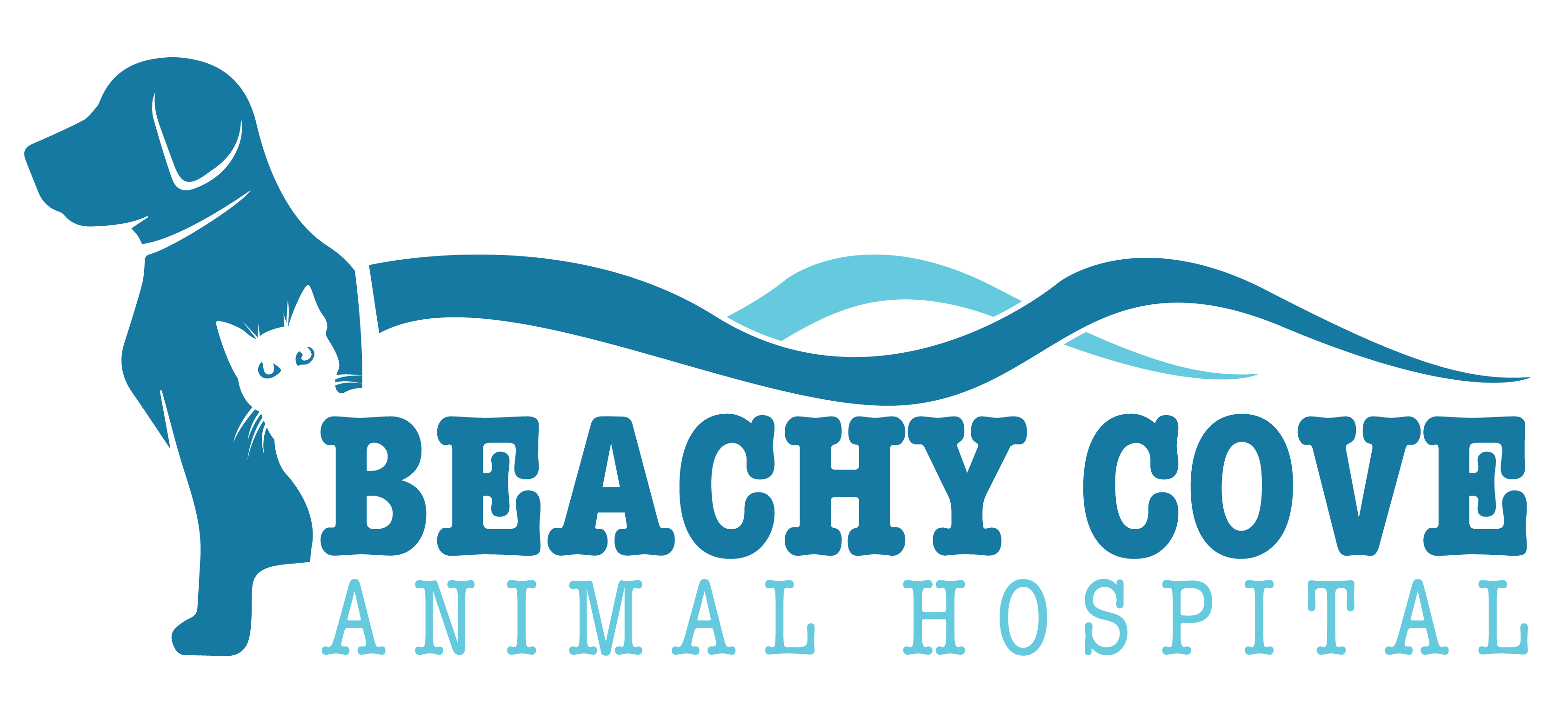Library
-
There are many health and behavioral benefits associated with neutering your rabbit, such as preventing unwanted pregnancies, eliminating his risk for testicular cancer, and minimizing the stress associated with sexual frustration. This handout explains the neuter procedure, post-operative care at home, and, although rare, possible complications that could occur.
-
All pets, including rodents, sugar gliders, and hedgehogs, need an initial examination by a veterinarian and at least an annual check-up to allow for early detection and treatment of potentially life-threatening diseases. During this visit, your veterinarian will perform a physical examination and various diagnostic tests to determine your pet's state of health and to see if your pet might be harboring any diseases that require treatment.
-
Newfoundlands are easygoing, face-washing people lovers and a great choice for the first-time dog owner who is not afraid of a little drool, a big dog, and a lot of hair.
-
I will fight him with both paws tied behind my back, I will! Yep, that is a Norfolk all right. Sometimes called a demon in the field, the Norfolk is a terrier through and through, with a feisty, scrappy spirit and plenty of energy for the next great adventure. She may be tiny, but buckle your seatbelts - you are in for a terrier of a good time.
-
Cheerful and highly active, Norwegian Buhunds form strong bonds with their families, and they love to snuggle and give kisses. They need plenty of exercise and stimulation, and love to play.
-
The Norwegian Elkhound may look threatening, but he can be a sweetie-pie to his people. Threaten those people, however, and this medium-sized, ancient Nordic breed is fully capable of acting as intimidating as he looks.
-
Lundehunds are very loving and playful; they form strong bonds, and prefer their own family to any other people. They are also curious and intelligent so they need plenty of engaging toys, and do well at agility training.
-
You wanna make something of it? The tiny Norwich Terrier does! This scrappy, feisty, but totally adorable little wire-haired terrier with the prick ears has courage ten times his size. At home, he is all play and mischief, with a great sense of humor and an independent streak that can make training a challenge, but terrier lovers cannot resist his classic terrier attitude.
-
The Nova Scotia Duck Tolling Retriever, affectionately called a Toller by her fans, is a recent addition to American Kennel Club activities. A high-energy dog, the are affectionate and outgoing.
-
While sick birds can occasionally be treated by their owners at home, any bird showing signs of illness should be examined by a veterinarian. Birds that are gravely ill require hospitalization; those that are mildly ill may be treated by their owners under their veterinarian's direction. Medication must be administered as directed. Most pets recover faster when kept at the upper end of their normal environmental temperature and kept on a normal day/light cycle. Sick pets need extra calories to recover, and cage rest is often best while the bird is recuperating. A sick bird should be isolated from other pets, preferably in a separate room. While not often the case, some bird diseases can be transmitted to owners.

